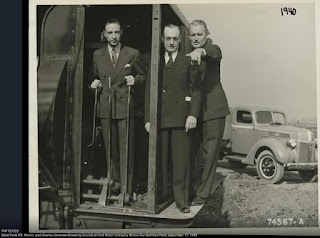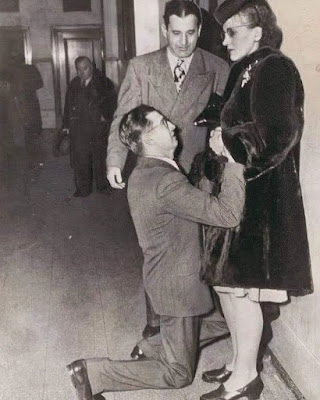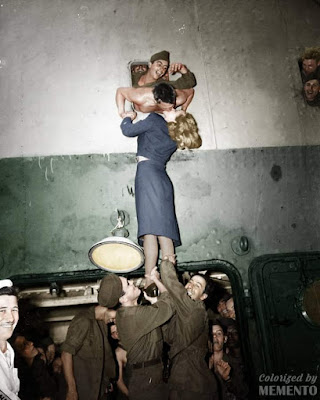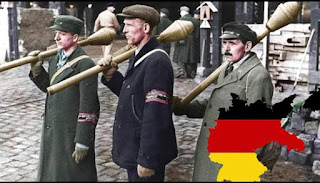Tales from the bomber plant. . . Lindbergh's tale revisited: a busted myth
Tales from the bomber plant. . .
Lindbergh's tale revisited: a busted myth
It's Monday, October 26th, 1942, at the Willow Run bomber plant. Three weeks earlier, the Army accepted Ship 1. Lindbergh, onboard since April, recounts a meeting with Henry, Edsel, Bennett, Sorenson, Bricker, and Roscoe Smith. Edsel is building airplanes again. The conference discusses quality, the lagging schedule, recruiting, and the forever housing problem.
Lindbergh tells us that they resolved to hire more workers but, as Edsel favored, only as quality improved. A reasonable salve to smooth the friction between the plant's production and quality teams. Quality was heavy on the scale since Bricker reports that some assemblies recently sent to Consolidated at Fort Worth were rejected and returned for poor quality.
Lindbergh delights that he warned them about the workmanship. But he acknowledges the handicap of the plant's untrained workforce. Of the current 30,000 workers, only 400 had airplane manufacturing experience before coming to Willow Run. Admitting that the airplane guys started with a nucleus of highly trained aviation workers, Lindbergh believes, later validated, that Willow Run's quality will improve with training and experience.
When they came to the lagging production schedule, Sorenson said this about the company's failure to meet production:
"We knew it was a tough problem, but we didn't know it was quite so tough."
To which Edsel, in his patrician matter, replies, "But a lot of people told us it was."
Lindbergh believes that Edsel was keelhauling Sorensen, reminding him that he made all kinds of production promises for months. . .a bomber an hour. . .and listened to none of the warnings the aviation engineers and executives gave him.
So how to interpret Edsel's response to Sorenson: scolding cast-iron Charlie for whining, poking fun at him for not listening to good advice, or an example of fighting-forties tough talk like Henry publicly rebuking Edsel over the British engine project, amongst other things. One benchmark established from Lindbergh's story is that the "Edsel needs toughing up" myth, as told by Sorenson in his "I am Edsel's shepherd" narrative,* is likely exaggerated. Edsel's tough enough to call out monocratic Sorenson amongst his peers. And let's not forget that it's Edsel, the boss, who in the end approves or disapproves policy. Recall also that everyone at the meeting is an employee and works there at the pleasure of Edsel and his father and, like many before, can be gone at their pleasure.
Edsel doesn't need toughing up. He's plenty tough as witnessed by the sucess of the company under his leadership during the past 20+ years.
Lindbergh didn't record any discussion of the external housing issue and said that 79 year old Henry, recuperating from a stroke, simply sat and listened. With that, the meeting broke up. At the end of the month, Production delivered Ship 7 to Flight testing.
*My Forty Years with Ford, Sorensen, Charles E.,
(1881-1968), Norton,1956
















Comments
Post a Comment